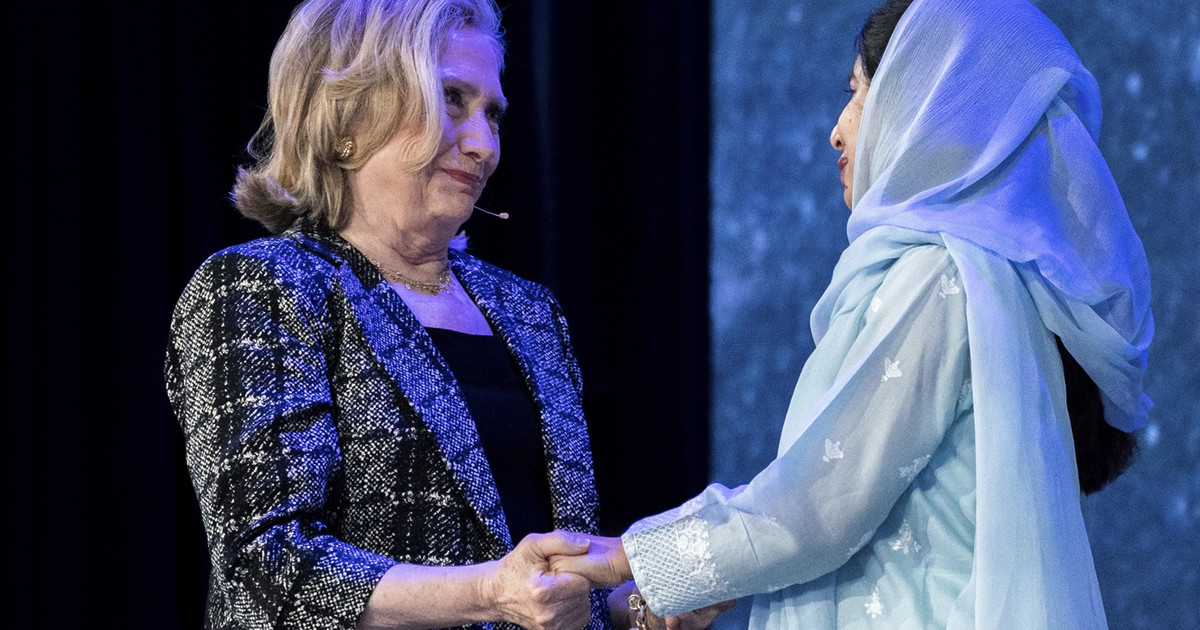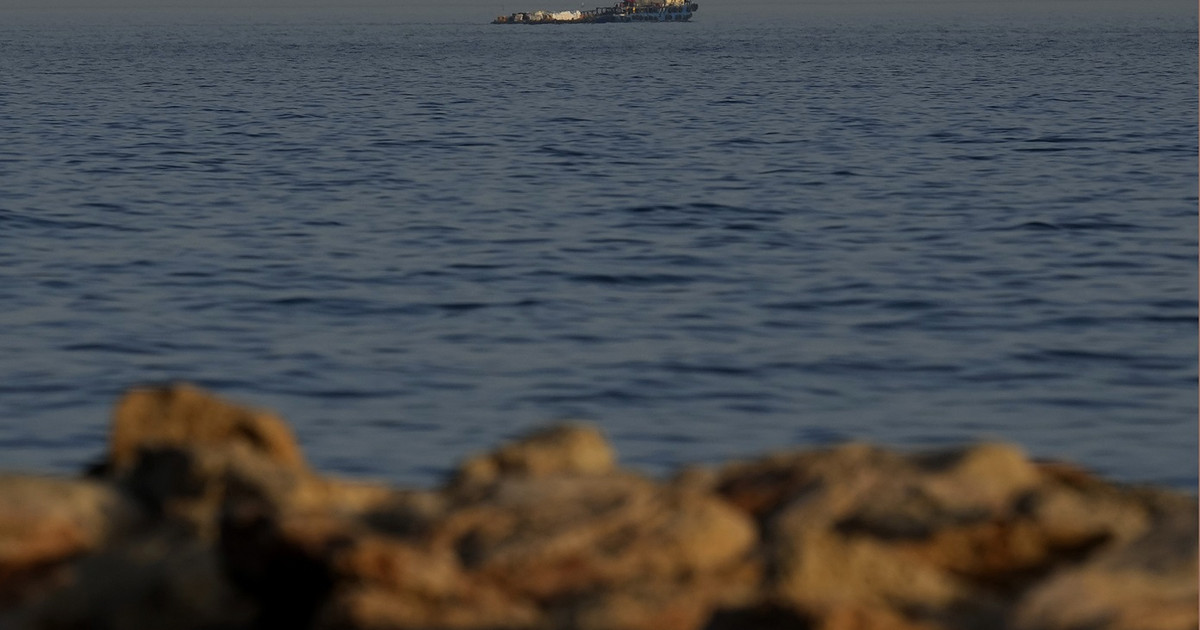Asked about Sergio Massa, Argentina’s new “superminister” of the economy, many Argentines say they consider him an opportunistic politician with unlimited ambition.
But his political acumen, honed over four decades of partisan activism, is also seen as key to rescuing the country’s economy, ravaged by sky-high inflation, crippling debt and chronic overspending.
Earlier this week, the attorney and former congressional leader of the ruling center-left Peronist coalition was sworn in as head of economy by President Alberto Fernández.
Massa’s move is interpreted as a springboard for a future presidential race, a strategy that can only succeed if he manages to show results quickly.
To try to ensure this, the so-called “super-minister” insisted on broad powers before accepting the task, including control over the previously independent secretariats of agriculture, production and commerce.
“He is a very capable person, exceptionally prepared. But he is also a great pragmatist and that is why he decided to ally himself with the government,” said deputy Margarita Stolbizer.
In 2017, Stolbizer joined forces with Massa in a Senate race against Cristina Fernández de Kirchner, the country’s vice president and former president, now a prominent Massa supporter.
His resourcefulness gave him what his predecessors failed to obtain: approval from the vice president to pursue more orthodox cost-cutting policies, which Kirchner had rejected when proposed by others in the past.
Massa’s support from all the warring factions of the ruling coalition gives him an advantage compared to his immediate predecessors – long-time Economy Minister Martin Guzmán as well as his short-term successor Silvina Batakis -, according to political analyst Carlos Fara.
“The crisis has made everyone more pragmatic, and that allows Massa to propose things that would certainly not be accepted coming from Batakis, let alone Guzmán,” said Fara.
On Wednesday, on his first day on the job, Massa announced a series of austerity measures, as well as initiatives aimed at boosting dwindling international reserves.
Massa began his political career in the late 1980s in the conservative Union of the Democratic Center party.
From 2002 to 2007 he was a Peronist government official and later mayor of Tigre, a suburban area outside Buenos Aires, where he lives. He then became chief of staff to then-President Cristina Fernández de Kirchner, but resigned after less than a year.
In 2013, Massa founded a new party called the Renovation Front, which eventually joined forces with other Peronist factions to create a center-left group that defeated former president Mauricio Macri’s coalition in the 2019 elections.
Source: CNN Brasil
I am Sophia william, author of World Stock Market. I have a degree in journalism from the University of Missouri and I have worked as a reporter for several news websites. I have a passion for writing and informing people about the latest news and events happening in the world. I strive to be accurate and unbiased in my reporting, and I hope to provide readers with valuable information that they can use to make informed decisions.

.jpg)




